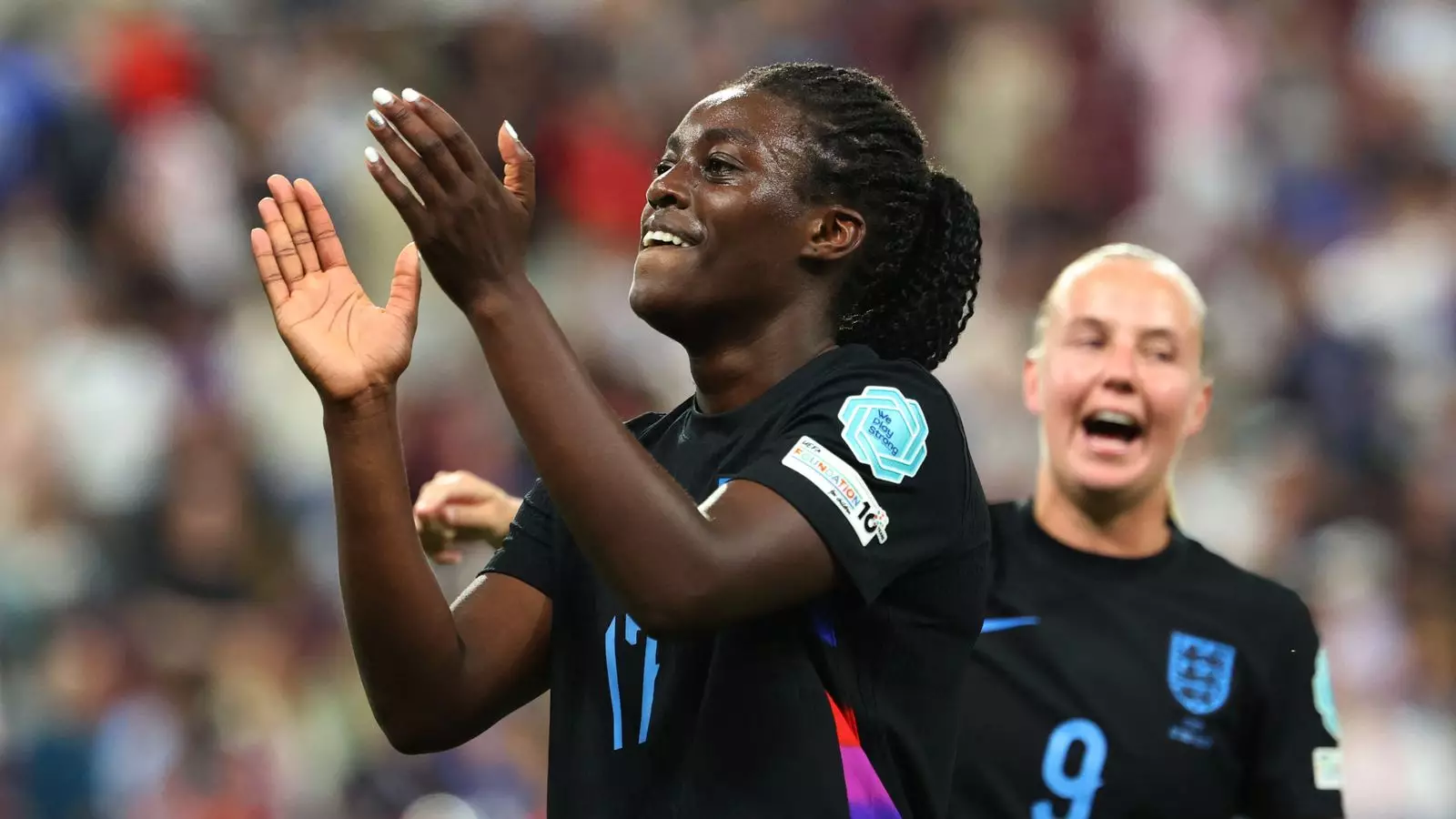Once relegated to the periphery of mainstream sports, women’s football has undergone a seismic transformation, reshaping its narrative from underdog story to symbol of resilience and excellence. The recent dominance of teams like England and Spain in European competitions starkly contrasts with their past underachievement. What was once seen as a distant hope—women’s teams regularly reaching finals—has become a tangible reality. This progress is not merely about trophies but about shifting societal perceptions, challenging gender stereotypes, and advocating for equality in sports and beyond.
Both England and Spain epitomize this evolution, demonstrating that dedication, strategic investment, and societal change can propel women’s football into new heights. The rapid ascent of these teams signals a broader cultural acceptance and acknowledgment of female athletes’ talent and importance. But as they prepare for battle on the grand stage, the stakes transcend medals—they reflect the ongoing struggle for respect, representation, and social progress.
The Significance of the Final for Pride and Progress
The upcoming clash in Basel isn’t just another match; it embodies a culmination of years of effort, struggle, and societal shifts. England’s recent successes—culminating in their Euro 2022 victory—highlight a team that embodies grit and resilience. Their captain, Leah Williamson, understands that this final is a chance to reinforce their status and inspire future generations. For her and her teammates, this is about more than winning; it is a reaffirmation of their rightful place at the pinnacle of international football.
Conversely, Spain’s emergence as a football powerhouse is a story of rapid growth and cultural shift. Their first Euros final isn’t just a milestone—it’s a testament to the progress Spain has made in acknowledging women’s sports. Captain Irene Paredes emphasizes that this moment can catalyze further societal change, especially given Spain’s recent struggles with gender inequality and respect for women. Winning isn’t solely about personal glory; it’s an opportunity to elevate women across the nation and challenge ingrained stereotypes.
This rivalry underscores a critical aspect of modern sports: victories have societal implications. When women’s teams succeed, they challenge the longstanding norms that have marginalized female athletes for decades. The stakes are high not just for the teams but for societal progression in both countries.
The Cultural and Political Layers at Play
While the match is positioned as a celebration of sporting achievement, underlying political and cultural tensions add complexity. For Spain, recent events involving the national team reverberate beyond football—the scandal involving the on-pitch kiss and the subsequent repercussions underscore the ongoing battle for women’s dignity and respect. Paredes’s comments about societal progress reflect a desire to turn painful moments into catalysts for change, demonstrating how sport can serve as a mirror and a catalyst for societal evolution.
In England, the heady sense of achievement is tempered by awareness that their success is part of a larger movement—one that seeks to reshape societal attitudes towards female athletes and inspire systemic change. The Lionesses are not just competing; they are representing a shift toward gender equality that transcends the pitch. Their journey from underachievement to consistent finals appearances signifies hope but also an obligation to push further, challenging residual biases and advocating for women’s rights.
Both teams recognize that their performances can influence the cultural climate in their respective countries, urging society to acknowledge women’s sports as an integral and equal part of the national identity. This final may well serve as a strategic battleground for cultural advocacy, as much as for sporting excellence.
The Future of Women’s Football Is at a Crossroads
The outcome of this final could redefine the trajectory of women’s football in Europe. A victory for England would bolster their position as a dominant force, inspiring increased investment and participation. For Spain, lifting the trophy could accelerate their growth and attract global attention to their program. But beyond the immediate result, both nations have an opportunity to harness this moment to push for lasting societal change.
The journey of England and Spain demonstrates that success in women’s football is as much about social recognition as it is about sporting prowess. Their stories reflect a broader narrative of empowerment, perseverance, and the ongoing fight for equality. The final, therefore, isn’t just a match; it’s a symbol of progress that challenges old narratives and sets the stage for a future where women’s sports are valued and celebrated on equal footing with their male counterparts.

